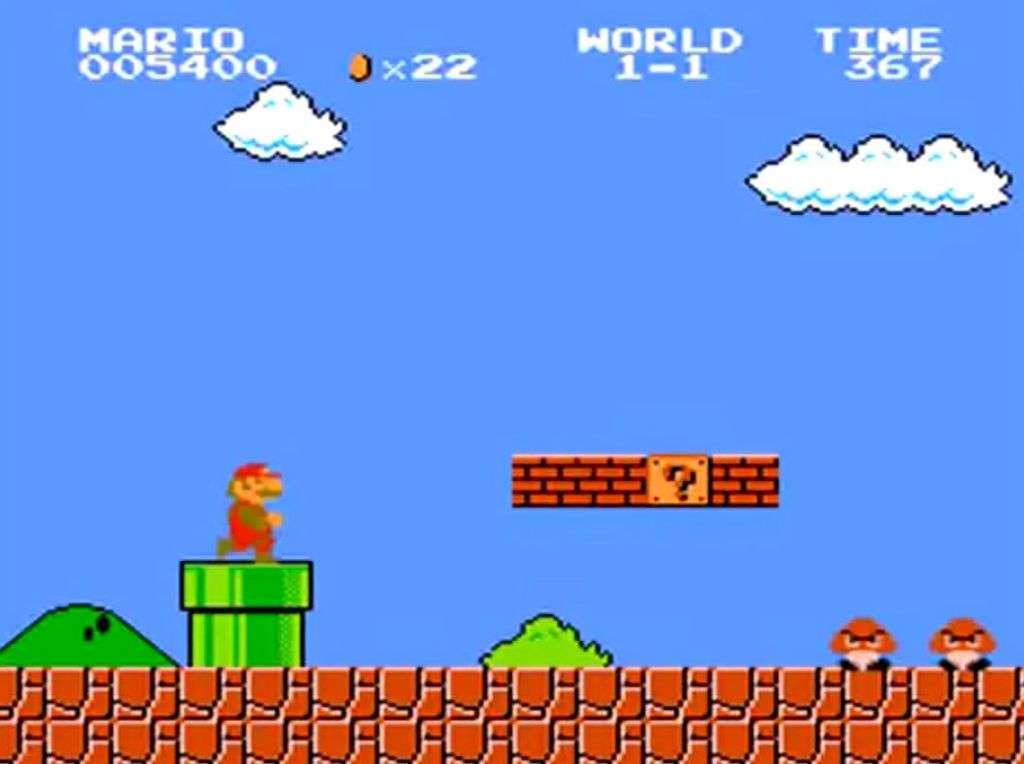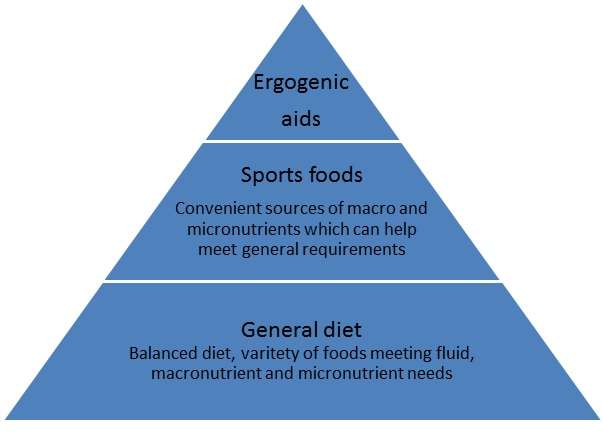
Athletic Series: Do You Really Need Nutritional Supplements
The Question
There I was, lying on my back on the mats, wearing a sweat-soaked gi and breathing heavily after yet another exciting evening of sparring. While I was looking towards the ceiling two thoughts were going through my mind: How do I defend triangle chokes, and do I need to start using nutritional supplements to obtain more energy?
To answer my question directly, no I do not need to start using nutritional supplements to obtain more energy. The Oxford Dictionary states that a supplement is a substance taken to remedy the deficiencies in a person’s diet. So, if you do not follow a good and healthy diet already (read: deficiency), supplements are not a good way to start your day. In the end, there is no quick fix in getting immediate results conditionally and/or obtaining a certain level of skill in sports; only blood, sweat, and more sweat will get you there. What you can do is gather information on what your body needs and what it burns during your workout, and go from there.
What A Body Needs
So, what does my body need? Basically, if you want to maintain a high level of training and perform optimally, your energy intake will need to equal the energy expenditure. Hoffman and Maresh (2011) have written a great article for athletes who want to know more on energy optimisation. They state that when it comes to nutrition and energy demand, there are 6 classes of nutrients that are required for the energy and health needs of the individual. These nutrients include carbohydrates, fats, proteins, vitamins, minerals, and water. You can consider them the energy building blocks of your body. It is what your body derives out of the food you eat in order to properly function.
Carbohydrates, fats, and proteins are the principle compounds that comprise our food and provide the energy needs for our body (macronutrients). Vitamins and minerals play an important role in energy production but provide no direct source of energy (micronutrients). Water may be the most important nutrient available. It is involved in most physiological reactions in the body, including nutrient transport, waste removal, and body cooling.
I really like the comparison that Stephen Kamb from Nerdfitness.com makes in his blog on supplements. He thinks of supplement usage in terms of a video game: power-ups can sometimes enhance or improve your effectiveness, but without having basic skills beforehand they are a waste (like getting star power in Super Mario Brothers and immediately falling into a pit. That sucks!).
 Damnit!
Damnit!
Furthermore, any benefit you can get from using nutritional supplements does not compare with meeting your basic day-to-day requirements. For example, being dehydrated can affect anaerobic endurance by over 30%, whereas creatine supplementation may improve strength output by as little as 3% (Reale, 2015).
So, when we consider nutrition supplements as the star power in Super Mario, we now know that we have to have a balanced diet in order to meet all of our Reference Daily Intake (RDA) before we even consider using supplements and ergogenic aids.
The Energy Pyramid
In his blog on combat sports nutrition, Reid Reale states that in order for one to truly understand the need of the human body in relation to food, supplements, and aids, you can take a look at the energy pyramid:
 Fundamental for the right energy consumption is having a balanced diet that meets fluid, macro- and micronutrient needs. Also, sports foods can be an addition to meet these general requirements if your diet is not optimal. At the top of the pyramid, we see the specific supplements of ergogenic aids that will get you the 1-2% out of your training.
Fundamental for the right energy consumption is having a balanced diet that meets fluid, macro- and micronutrient needs. Also, sports foods can be an addition to meet these general requirements if your diet is not optimal. At the top of the pyramid, we see the specific supplements of ergogenic aids that will get you the 1-2% out of your training.
So, there you have it. For a normal person, or someone who is merely a beginner/recreational athlete, it is not necessary to go online and order buckets of creatine and whey powder. Get your diet right and you will survive those gruelling sparring rounds at the local gym. In the meantime, you will notice that your body changes; you’re getting leaner and mean by eating green.
So, Why Nutritional Supplements?
Unfortunately, things aren’t that easy. Even with a perfect diet, the combination of many things –including our depleted soils, the storage and transportation of our food, genetic alterations of traditional heirloom species, and the increased stress and nutritional demands resulting from a toxic environment – make it impossible for us to get the vitamins and minerals we need solely from the foods we eat (Kreisberg, 2006).
Simply put, the evidence shows we cannot escape the need for nutritional supplements (Fairfield & Fletcher, 2002). Doctors used to think you got all your vitamins and minerals from food. Any extra nutrients were excreted, or worse, became toxic. But the tide is shifting. Doctors now prescribe over one billion dollars in fish oil supplements. Most cardiologists recommend folate, fish oil, and coenzyme Q10. Gastroenterologists recommend probiotics. Obstetricians have always recommended prenatal vitamins (Hyman, 2015).
Emerging scientific evidence shows the importance of nutrients as essential helpers in our biochemistry and metabolism. They are the oil that greases the wheels of our metabolism. And large-scale deficiencies of nutrients in our population – including omega-3 fats, vitamin D, folate, zinc, magnesium, and iron – have been well documented in extensive government-sponsored research.
We have become malnourished because of 4 primary reasons Dr Hyman states:
1. We evolved eating wild foods that contained dramatically higher levels of all vitamins, minerals, and essential fats.
2. Because of depleted soils, industrial farming, and hybridization techniques, the animals and vegetables we eat have fewer nutrients.
3. Processed factory-made foods have no nutrients.
4. The total burden of environmental toxins, lack of sunlight, and chronic stress leads to higher nutrient needs.
Having said all this, we can conclude that, as a normal person, it is quite difficult to maintain a decent and complete healthy diet because of the above-stated reasons. On the other hand, dedicating your life to supplements is a difficult task. Sure, if you have all the time in the world and a personal coach at your side, I tend to believe that getting enough energy will be doable. Unfortunately, I do not have this luxury, nor do many other people. And this comes from someone who goes to grocery stores twice a week and has a great girlfriend who is an extraordinary cook (I’m still learning!).
The Answer
This is the exact reason that I am so enthusiastic about Queal and their soylent vision. They believe that this powder can be seen as a total meal replacement because it possesses all of the building blocks that are necessary to keep an optimal level of energy. In addition to the RDI, Queal adds specific supplements to take care of athletes who need that extra edge. Within the energy pyramid, I think that they can be seen as an addition to your (in)complete diet (Queal Standard) and for the athletes out there, as a body booster that contains all of the extra natural supplements.
Check out the website and take a look at the nutrient table and transparent recipe.
Let me know what your vision is on the energy pyramid, depleted nutrients, and Queal in the comments section blow!
Written by Maurice, published by Floris
Sources
Fairfield KM, Fletcher RH (2002). Vitamins for chronic disease prevention in adults: scientific review. JAMA. 2002 Jun 19;287( 23): 3116– 26. Review.
Hoffman, J. and Maresh, C. (2011). Nutrition and Hydration Issues for Combat Sport Athletes. Strength and Conditioning Journal, 33(6), pp.10-17.
Hyman, M. (2015). Do you need supplements? [Blog] Dr Hyman Blog Series. Available at: http://drhyman.com/blog/2015/04/02/do-you-need-supplements/ [Accessed 22 Mar. 2016].
Kamb, S. (2014). What supplement should I take. [Blog] NerdFitness Blog Series. Available at: https://www.nerdfitness.com/blog/2014/03/27/what-supplements-should-i-take/ [Accessed 21 Mar. 2016].
Kreisberg J (2006). Learning from organic agriculture. Explore. 2006 Sep-Oct; 2( 5): 450– 52. Review. Hyman, Mark (2012-02-28).
Reale, R. (2016). Combat Sports Nutrition. [Blog] Do Grappler Really Need Nutritional Supplements?. Available at: http://www.bjjee.com/articles/do-grapplers-really-need-nutritional-supplements/ [Accessed 21 Mar. 2016].



No Comments